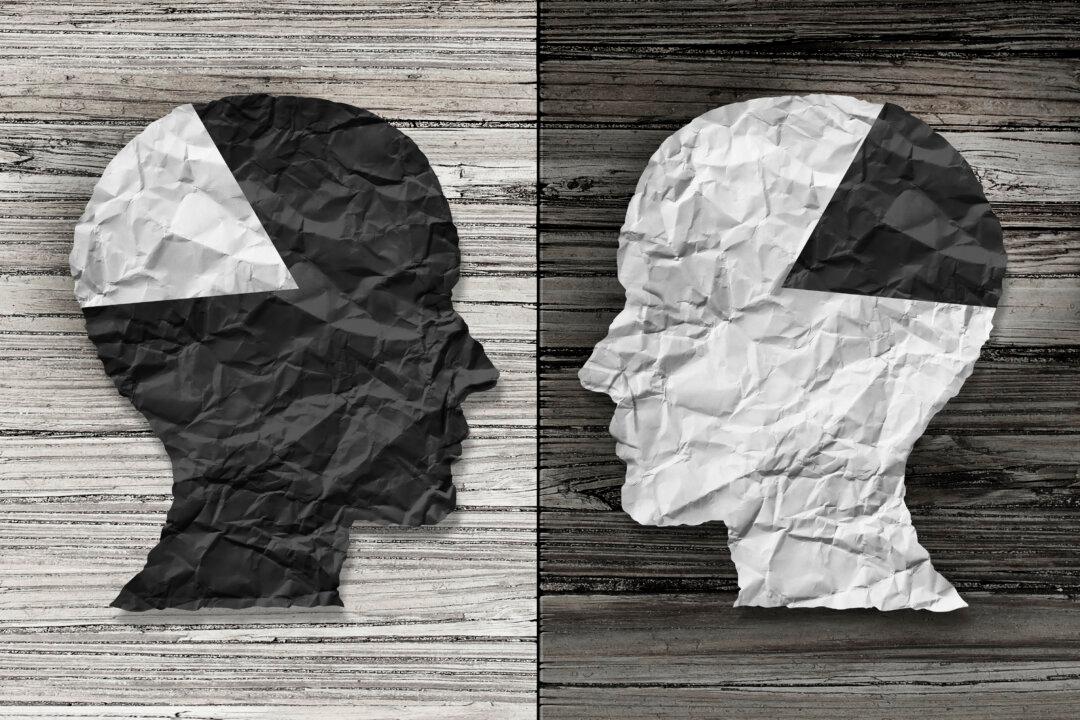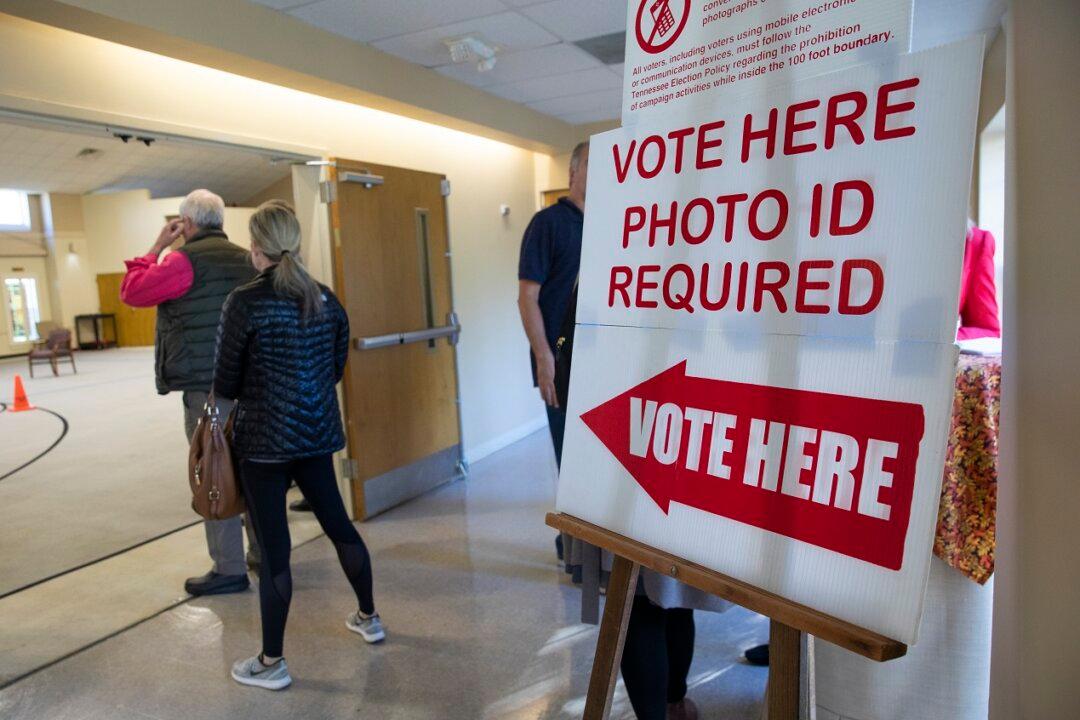Commentary
On March 15, a shooter carried out an attack that killed 50 people in Christchurch, New Zealand. In response—less than a week later—New Zealand’s Prime Minister Jacinda Ardern and her government took precisely no action against criminals and banned law-abiding, non-criminals from owning “military-style” semi-automatic rifles.





